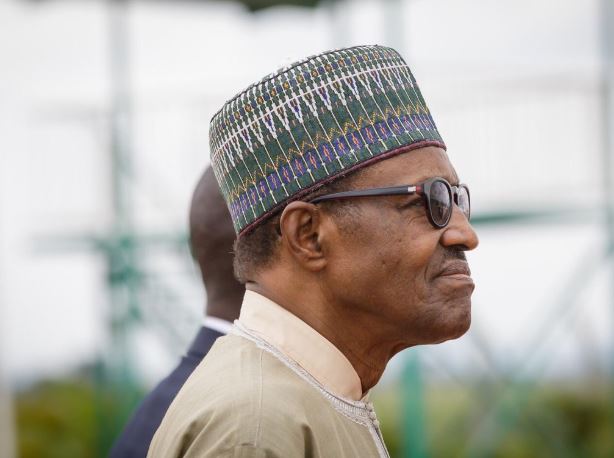President Muhammadu Buhari has admitted to being a very slow reader, saying this is “maybe” because he is an ex-soldier.
The President said this when he addressed why Nigeria had not yet signed the $3 trillion African Free-Trade Agreement, during a joint press conference with the visiting South African President Cyril Ramaphosa.
Nigeria refused to join a continental free-trade zone established in March, on the grounds that it wishes to defend its own businesses and industry, but the Federal Government later said it wanted more time to consult business leaders.
“I am very careful about what I sign, whether it is my cheque book or agreements, especially when it involves nations and states. As your President has said, we are so populated and have so many young unemployed citizens and our industries are just coming up,” he said.
“So, in trying to guarantee employment, goods and services in our country, we have to be careful with agreements that will compete, maybe successfully, against our upcoming industries.
“I was presented with the document; I am a very slow reader maybe because I am an ex-soldier. I didn’t read it fast enough before my officials saw that it was all right for signature. I kept it on my table. I will soon sign it.”
Ramaphosa also spoke on the frequent killings of Nigerians in South Africa, explaining them as acts of criminality that his administration is determined to end.
“There has been quite a number of incidences in our country where foreign nationals some of whom are Nigerians have lost their lives and are being attacked,” he said. “I will like to say here and now that has been as a result of criminal activity among our own people which we are focusing on from a criminal element point of view.”
In March, 44 countries joined the continental free-trade zone, which encompasses 1.2 billion people. South Africa signed up earlier this month, but six countries, including Nigeria, are yet to sign the agreement.
African Union officials said countries that have signed the agreement will need to submit a schedule of tariffs by December, adding that they expect intra-African trade to double over the next four years once tariffs are reduced.





















